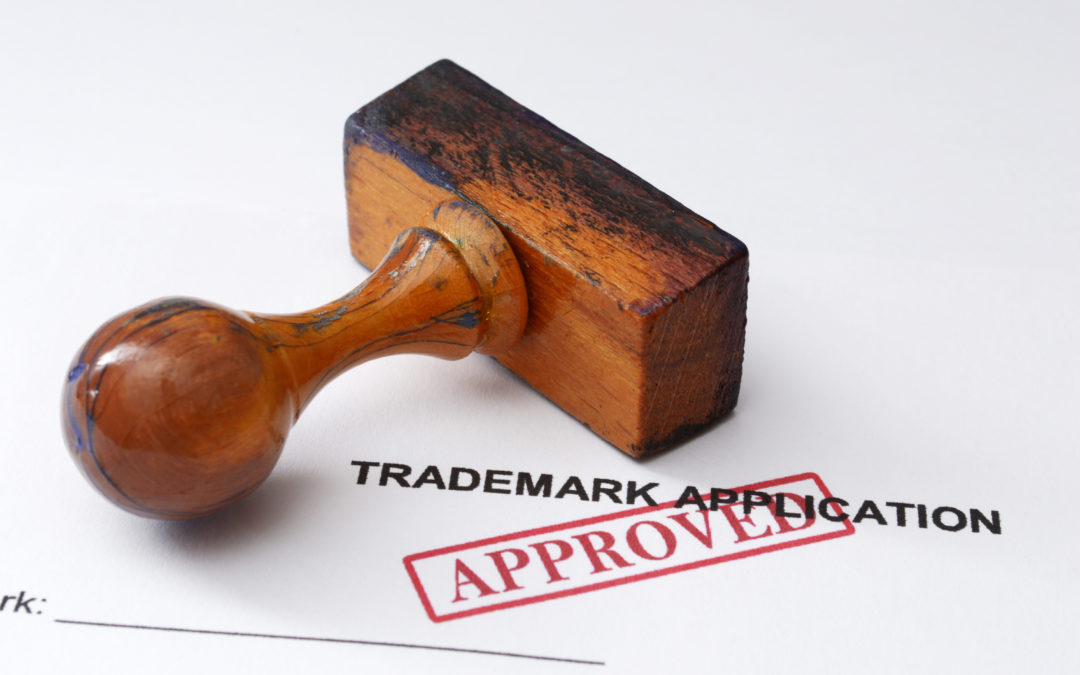A United States trademark search is necessary for due diligence purposes.
At Verna Law, a United States trademark search is performed before every trademark application is filed. There are many reasons for this, which will be explored below.
Since trademark law is based only for each country, a deep examination of what trademarks are in use in commerce in the United States is required.
Trademark searches should have:
- USPTO registrations
- USPTO applications
- State corporate filings
- Domain name registrations and
- Common-law use.
The reasons for this is that trademark law is about using the mark in commerce on goods or to advertise services – so the goal of the search is to find trademarks already in use in the United States. While domain names in and of themselves are not trademarks, they may be in use as trademarks, so it is important to find out how domain names similar to a new trademark are used. The same maxim applies for state corporate filings.
Trademark searches at Verna Law cover all these bases. What are the reasons for doing a trademark search?
Potential Plaintiffs
A trademark search shows possible plaintiffs. Does your business’ trademark cause a likelihood of confusion with other trademarks that are already registered or in use? It is impossible to judge without a trademark search. Potential plaintiffs are those whose marks are either registered before your mark or in use before your mark.
Many businesses find themselves as defendants in either trademark oppositions in the Trademark Trial and Appeal Board or in trademark infringement lawsuits in federal district court because of the lack of a trademark search. Finding these potential plaintiffs helps to judge the risk of being a defendant in a trademark dispute.
Alternatively, if a business has already registered a trademark while your mark is in use, then you will need to dispute that registration. Is it worth that dispute or is it more economical to find a new trademark?
Analysis of the Trademark
A trademark search reveals how strong your trademark choice is. For example, if there are 50 other similar trademarks in economically related goods/services, then the trademark you chose is particularly weak, especially if the trademark itself is related to the goods/services the mark is to represent.
If a trademark search shows that a trademark is in a crowded field, then it may be better to find a new mark. Fanciful trademarks are stronger and will probably live in a less-crowded field, making them easier to police and enforce.
Definition of the Goods/Services
Businesses have competitors. Those competitors sell the games goods or services. One of the better methods of finding the best goods/services description for your trademark application is to review all the goods/services descriptions of competitors in order to discover the broadness or narrowness of your trademark application. All of these reasons are why a trademark search is important before use or registration of a trademark.
Opinion Letter
Why does Verna Law provide an opinion letter with a trademark search? Because the opinion letter provides another layer of protection for clients.
Should there be an issue with the new trademark, as described above, then a new trademark may be chosen.
Perhaps the new mark owner is comfortable with the risk – any trademark lawyer is going to properly practice law conservatively to avoid litigation for its clients. That advice will also be privileged and confidential to the client. “The document [counsel’s opinion letter] for which defendant asserts a privilege is an opinion letter by defendant’s ‘house counsel’ relating to defendant’s right to use the alleged infringing trade mark on its product. Upon examination of this document, it is clear that it is based, in part at least, upon a confidential communication from an officer of defendant to counsel. The law is settled that the advice of counsel based upon the confidential communications of a client is privileged.” Georgia-Pacific Plywood Co. v. United States Plywood Corp., 18 F.R.D. 463 (S.D.N.Y.1956); 8 Wigmore, Evidence § 2320 (McNaughton Rev.1961).
Here is our video blog on the need for a United States trademark search:
Do you have questions about performing a trademark search, filing a trademark application, or enforcing your trademarks? Call Verna Law, P.C. at (914)908-6757 or send an e-mail to anthony@vernalaw.com.


Trackbacks/Pingbacks